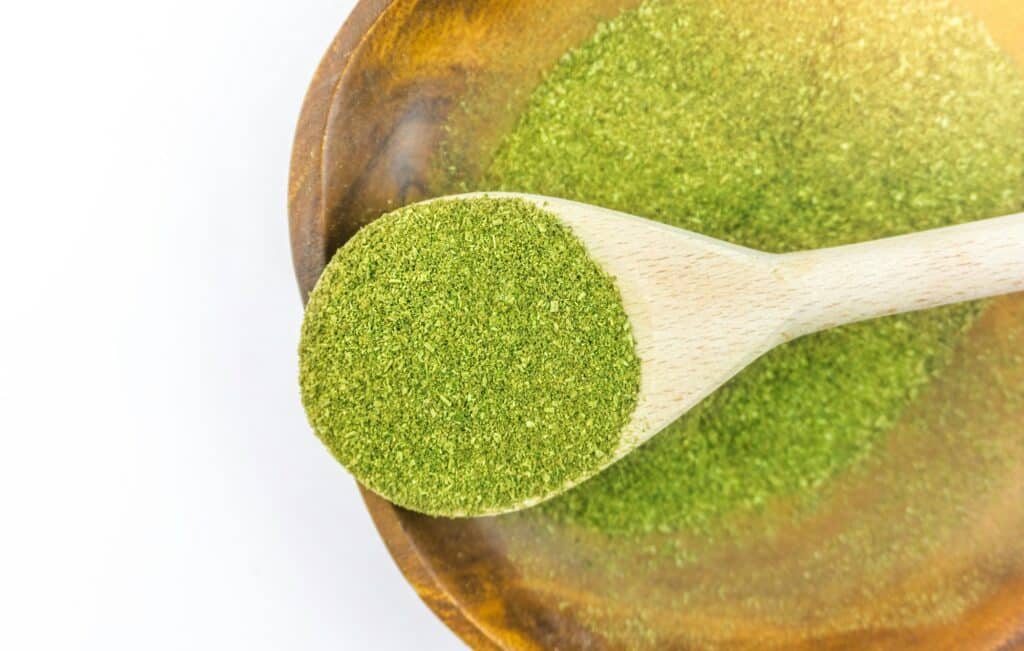Upstart companies around the country sell crushed kratom leaf, providing no clear dosing instructions or warnings about potential dangers.
They don’t have to.
As medical examiners log an increasing number of overdoses involving kratom across Florida and elsewhere, the industry has largely operated without government constraints or safety measures that could help protect consumers.
Florida lawmakers considered banning kratom three times in the past decade. But industry advocates successfully fought the efforts, ensuring powders, gummies and liquid extracts are readily available at gas stations and smoke shops from Pensacola to Miami. The products vary dramatically in strength — but manufacturers don’t have to disclose or limit their intensity at all.
“It’s totally a wild, wild west market. Buyer beware,” said Christopher McCurdy, a kratom researcher at the University of Florida. “You never know what you’re going to get in this business.”
Florida’s story is emblematic of the nationwide struggle over how to regulate kratom, a plant from Southeast Asia that can act like a stimulant or a sedative, depending on the dosage. Many consumers swear by the substance, taking it to treat a range of ailments from anxiety to chronic pain. But there’s a void of conclusive information on how to safely use it.
The U.S. Food and Drug Administration has supported a kratom ban, but the agency’s efforts have collapsed amid opposition from lobbyists and consumers. Regulators also haven’t been able to agree on the threat posed by the substance.

